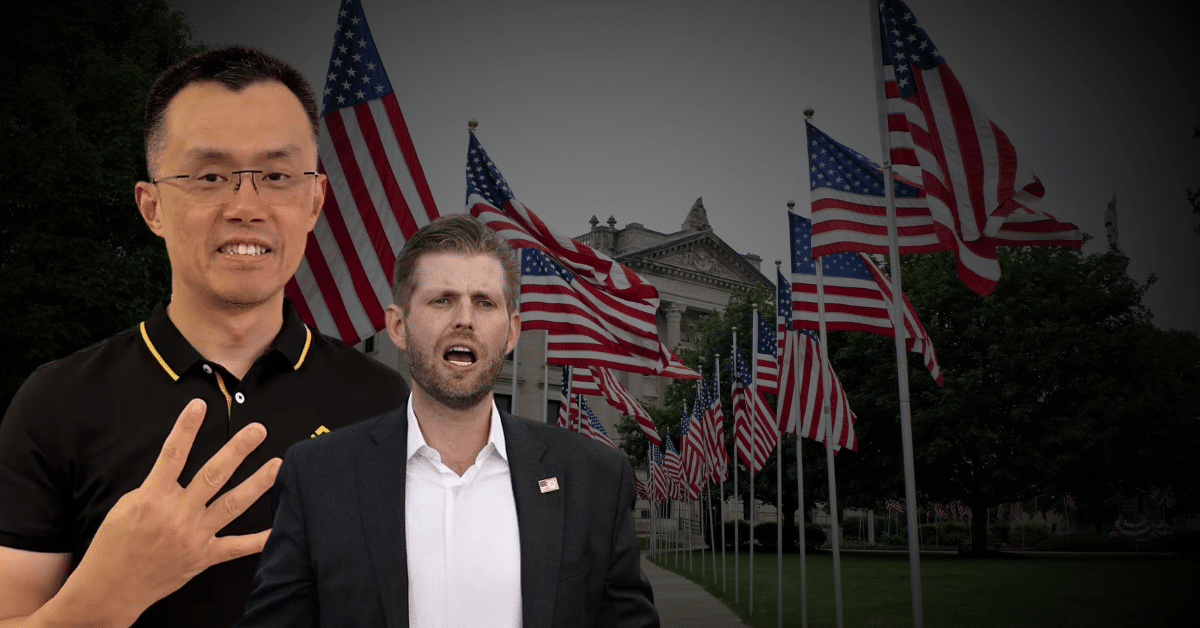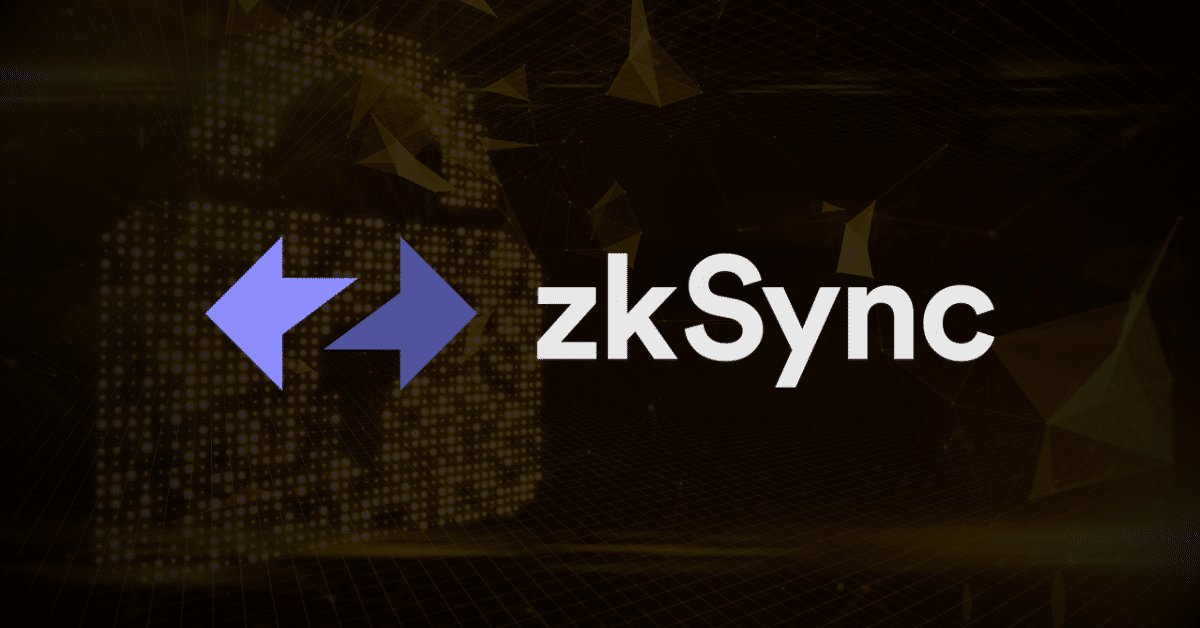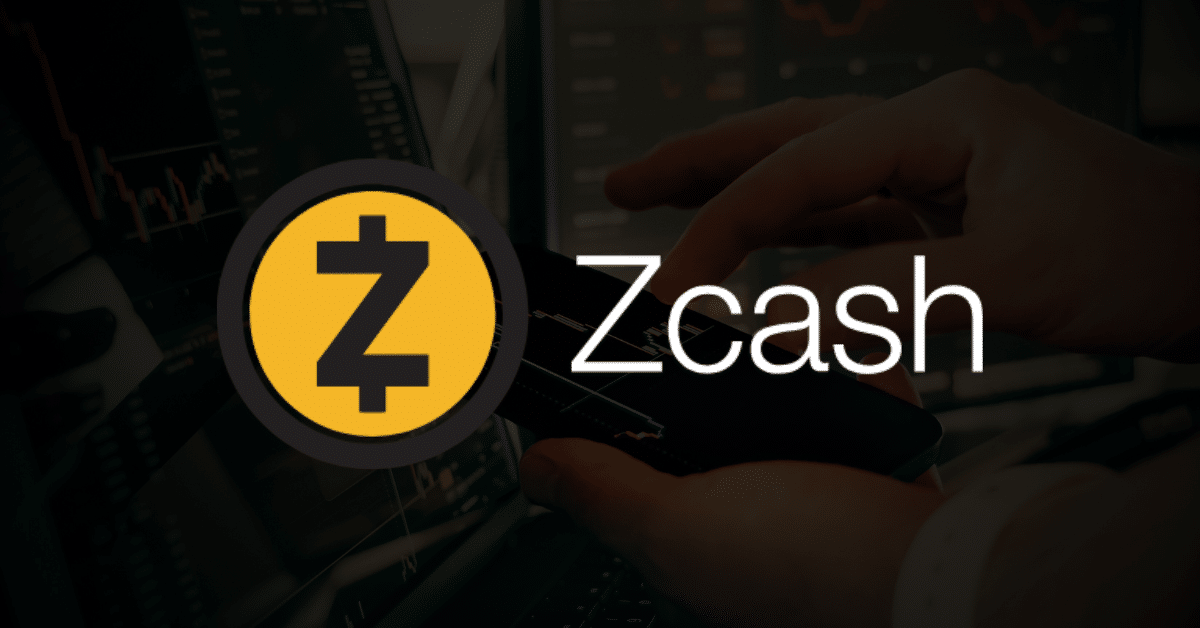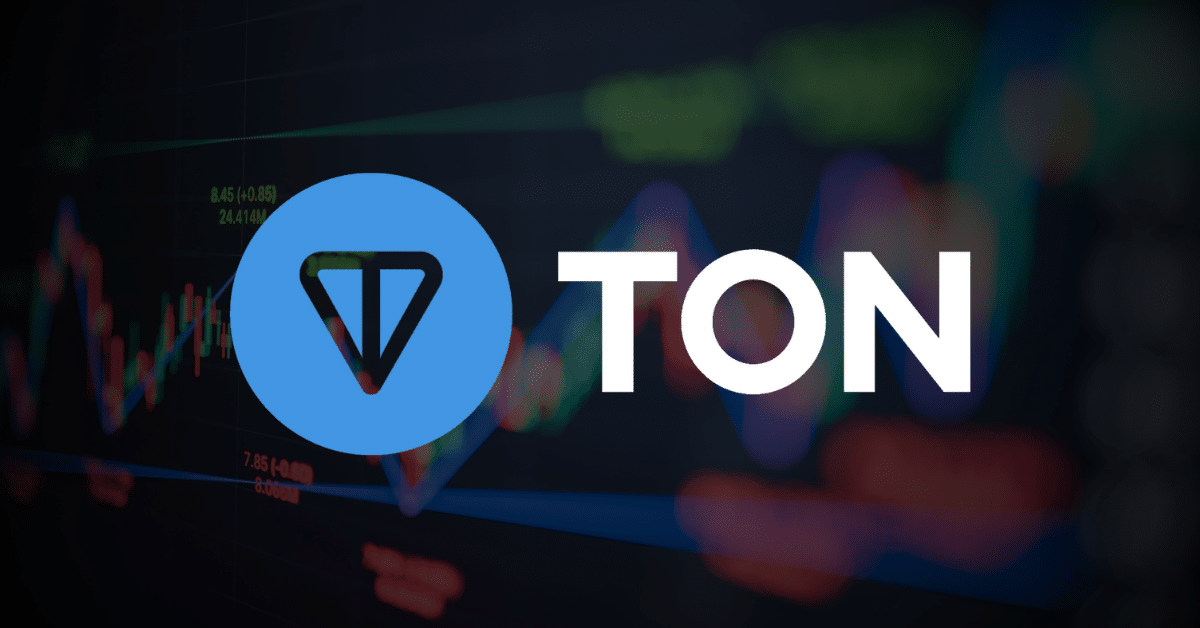Key Takeaways
- World Liberty Financial (WLFI), a DeFi platform backed by the Trump family, is set to unlock 27 billion WLFI tokens at its launch, a figure confirmed by CoinMarketCap that contradicts earlier, smaller estimates.
- The large token unlock, which represents over a quarter of the total supply, could create significant selling pressure and price volatility as a portion of initial backers’ tokens become immediately tradable.
- Despite the potential for a price correction, open interest in WLFI derivative contracts neared $1 billion, signaling strong market anticipation and a massive amount of capital prepared for trading the new token.
The DeFi project World Liberty Financial (WLFI), backed by the Trump family, is set to make a high-stakes entry into the crypto market with the unlock of a staggering 27 billion WLFI tokens at its launch.
Understanding the $WLFI Circulating Supply at Launch
This figure, confirmed by CoinMarketCap, is significantly higher than earlier reports and has drawn considerable attention from the trading community.
Navigating Trump-backed $WLFI Unlock
A token unlock refers to the scheduled release of a cryptocurrency from a smart contract, or “vesting lockbox,” which makes a previously restricted supply tradable. For WLFI, the initial unlock will see 20% of tokens from its early sales rounds become immediately available, providing a quick reward for initial backers.
However, this also means a large amount of supply is entering the market at once, which could lead to a dramatic increase in selling pressure. The remaining 80% of tokens will be subject to the project’s governance process, meaning the community will collectively decide on future unlocking terms through a vote.
This governance-first approach is intended to decentralize the project and give its community a voice in shaping its tokenomics. On July 10, a community proposal to make the token transferable passed with 99% support, highlighting a strong desire for tradability among its holders.
A Billion-Dollar Debut
The market’s anticipation of WLFI’s launch is undeniable. Ahead of the unlock, open interest in derivative contracts for the token neared $950 million, a remarkable figure for a new asset.
“Open interest” is a key indicator that tracks the total number of outstanding contracts that have not been settled. This high level of interest shows that a massive amount of capital is actively positioned to trade WLFI, with investors and speculators taking either long or short positions.
This near-billion-dollar open interest suggests that despite the risk of price volatility from the unlock, there is significant confidence in the project’s long-term potential.
Major exchanges like Binance, Gate, and MEXC are scheduled to list the token, providing further liquidity and legitimacy.
Final Thoughts
The launch of the WLFI token is set to be a major market event, driven by a massive initial unlock and nearly $1 billion in derivative interest. For investors, this debut is a case study in managing risk and opportunity in a highly speculative but potentially rewarding market.
Frequently Asked Questions
What is a token unlock?
A token unlock is the scheduled release of a cryptocurrency from a restricted state, making it available for trading on the market.
What is open interest?
Open interest is the total number of active, outstanding derivative contracts that have not yet been settled, and it serves as a strong indicator of market activity and anticipation.
What is a “governance-first” approach?
A “governance-first” approach means that a project’s future development and rules, including its tokenomics and unlock schedules, are determined by its community through a decentralized voting process.























